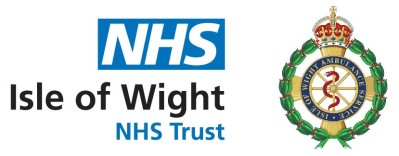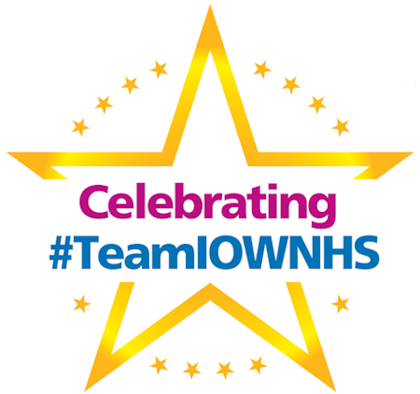I'm pregnant - what happens next?
If you are more than 6 weeks pregnant, please use this link to tell us about your pregnancy: Badger Notes - Self-refer your pregnancy to SHIP Maternity Referral
Please have your NHS number available to complete this referral - if you don't know this, you can get it from your GP surgery. Please provide as much information as possible, as this will help us to provide you with the most appropriate care.
Once you have submitted your self-referral you should receive a confirmation e-mail to let you know it has been received. Please allow 10 working days from that date before expecting a call from a triage midwife. We will advise your GP that you are pregnant, as we are obliged to let them know we are caring for you.
If you have any queries or would prefer not to use this form, please contact our team.
If you have any concerns about your pregnancy:
The Maternity Triage Service operates across Hampshire and the Isle of Wight.
If you are pregnant, download the Healthier Together app to access information and support for concerns in pregnancy.
Through the app, you can get advice on common pregnancy issues, and be directed to community or hospital care if needed
If necessary, you will be connected to the Maternity Triage line to speak to a midwife, 24 hours a day, who can discuss your concern and arrange for you to be seen
If you are unable to access the app for any reason, please speak to your community midwife who can discuss an alternative procedure with you.



